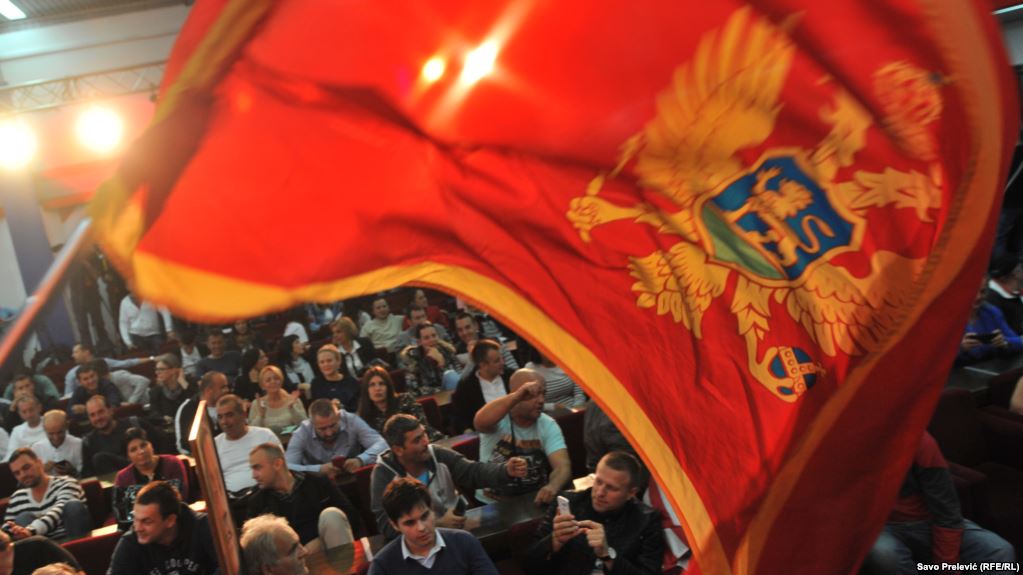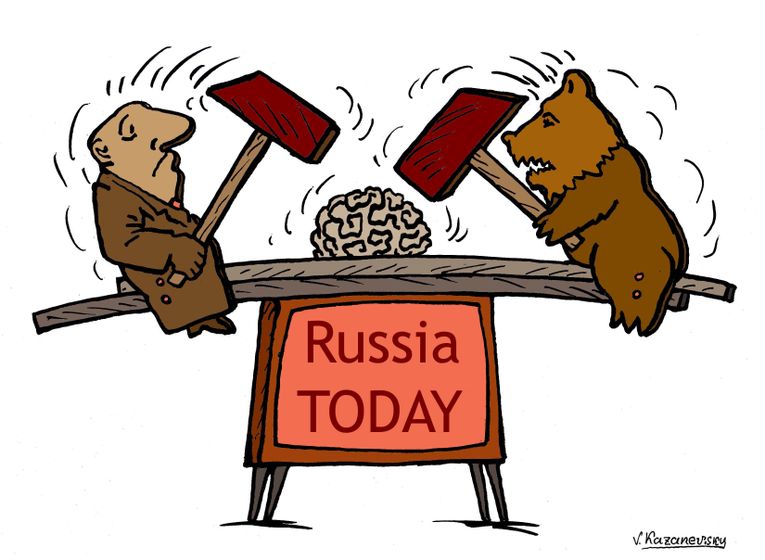Most people in the West continue to make two “fatal” mistakes about the media in Putin’s Russia, Igor Yakovenko says. They assume that Russians who call themselves journalists are in fact journalists and that Russian propaganda is propaganda in the normal sense.

“Few in the West understand,” the Russian commentator writes, “what the world is dealing with in the form of the Putin regime and its information arm;” and because of that, they commit “two principled and fatal” mistakes reflecting their willingness to take the claims of Moscow’s representatives at face value.
On the one hand, Yakovenko points out, people in the West “continue to call employees of Russia media journalists, a practice that automatically converts any measures taken against them into limitations on free speech.” But these people aren’t journalists and thus should not be able to expect the respect given to real journalists.
He continues: “Not a single employee working [for Russian outlets] should be considered a journalist, and everything connected with the defense of freedom of speech has nothing to do with them. This also relates to ‘experts’ who live in the studios of Russian talk shows” and spew hatred against the West, Ukraine, and the Russian opposition.
And on the other hand, Yakovenko says, people in the West need to recognize that “the content of the Russian media” is not propaganda. Those who call it that implicitly put it in the same rank with “political propaganda of any other direction,” including that offered elsewhere now or in the past.
But “the distinguishing feature of Putin’s information forces from such models as the communist or Nazi versions is that the propaganda of Goebbels and Suslov advanced a definitive ideology, albeit an anti-human one.” Each offered a certain “image of the future” and sought to win people over to its pursuit.
And “not having any positive program for humanity,” Yakovenko continues, “Putin and his media trade in threats and unpleasantness, using any problems in the world for efforts to destroy it, to sow hostility among people and thus allow them to continue to rule and steal in Russia.”
Unfortunately,” he concludes, “the world still doesn’t fully understand the nature of the threat it is confronted by in the form of Putinism.” Failure to recognize another threat in the middle of the 20th century cost Europe and all humanity.
Read More:
- Baltic “elves” launch online database of pro-Russian trolls to tackle propaganda
- A year of Russian propaganda: 1310 cases of Russian fakes debunked by EU watchdog
- Revisionism, misinterpreted facts, video game image as evidence – this week’s pro-Kremlin disinformation tactics
- A guide to Russian propaganda. Part 4: Russian propaganda operates by law of war
- Seven things you should know about pro-Kremlin disinformation
- Three things you should know about RT and Sputnik
- Inside RT and Sputnik: What is it like to work for Kremlin’s propaganda media
- Inside RT’s world of alternative news
- Democracies should prepare for the long fight against Russian disinformation warfare: study
- In the depths of disinformation: this is how RT propaganda works
- Former RT anchor: I became the target of a Russian propaganda conspiracy theory








